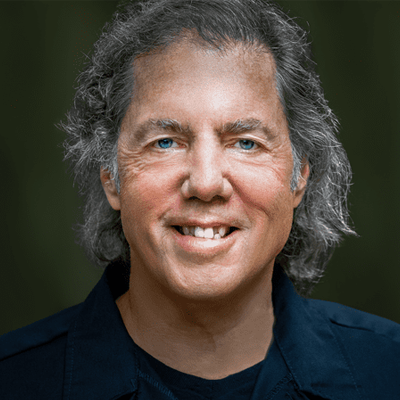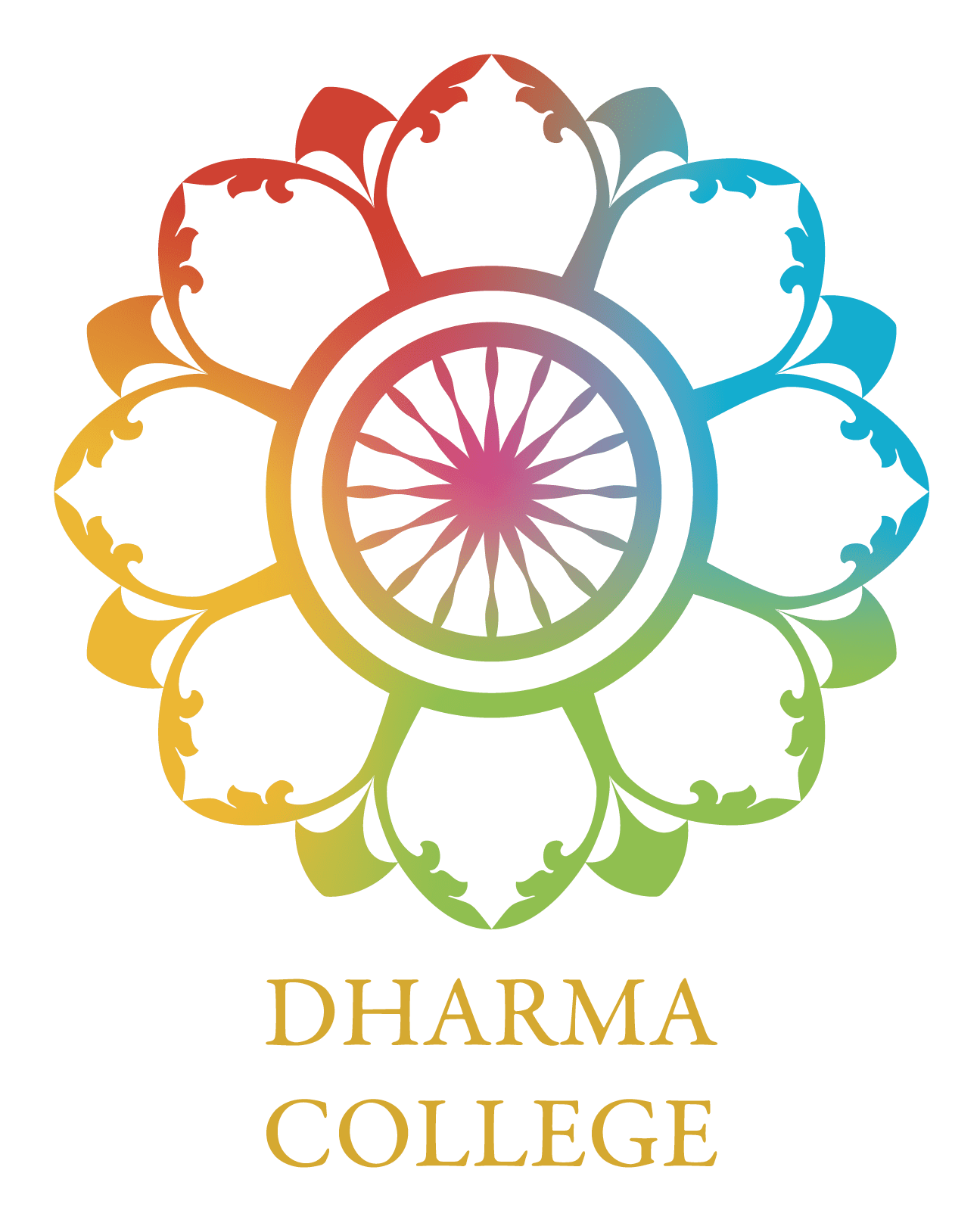Since the Age of Enlightenment, modernity has inculcated a
worldview based on distance and separation -- a disenchanted world -- one in
which space and time are considered nothing more than convenient maps and
background mediums for human affairs. We have become alienated on both a
personal and global level, culminating in a climate crisis with its
destabilizing effects on economies and the potential for civilizational
collapse. It’s almost as if space, time and even our own knowledge,
have turned against us. On some level, we often feel that we “..a basic
insufficiency of space to live in, of time to use it, and of knowledge to enjoy
it.”
While mindfulness techniques have helped people to reduce
their stress and anxiety in a world out of balance, we need more than
palliatives and coping skills. To heal our divisions, we need a new vision of
reality that transforms our human embodiment in space and time, a vision which
promotes our intrinsic freedom and nourishes our deepest values.
In this course, we will engage in a new kind of
inquiry, using Tarthang Tulku’s seminal book, Time, Space and Knowledge: A New
Vision of Reality (TSK). We will explore Space, Time and Knowledge
as offering visionary pathways for transforming the way we perceive and embody
these fundamental facets of human experience.
Testimonials
" For a course that
focused on the TSK fundamental concepts, it was really a demonstration just how
powerful those fundamentals are. Even though the students exceeded 20+, there
was intimacy achieved: through student sharing their experiences of the
exercises; ample time for questions and
discussion; and in-depth explanations by the knowledgeable teachers. The entire course was a lovely experience. "
David F.
" The power point
slides, the teachings, the exercises…all just excellent. "
Sharon L.
" Outstanding
leadership, guidance & teaching. Extremely well-balanced presentations and
very sensitive to class feedback. Fine preparation & delivery. "
Eric L.
"Thank you for the opportunity to attend the online event. It was an excellent introduction to TSK. Hayward Fox gave outstanding explications about how to approach the book and answered Eric Lichtman’s good questions. I’m considering taking a TSK class in the near future. "
Hilde H.
" Wonderful to see, hear and experience everyone... and hear what some have been doing. May Rinpoche's TSK Vision continue to expand, bringing benefit to ALL. May each of us manifest what we have experienced. "
Jane C.
" Ron and Elon did an excellent job of taking the core concepts of the TKS information and communicating about it in such a way that all those in attendance can go forth and expand their own knowledge."
Judy Y.
The course will be structured over 30 weeks in five terms.
The first 10 weeks will focus on Space, followed by 10 weeks on Time, and 10
weeks on Knowledge. Each week, we will review key passages from the
book, engage in groups discussions, and devote time to intensive practice of
the TSK exercises.
Week 1: Why Should We Care
About Space?
Week 2: Space and Human
Embodiment
Week 3: Transparentizing the
Body
Week 4: Beyond Mindfulness:
Opening up the Mind-Body-Thought Interplay
Week 5: The Self as a
Consolidating Tendency
Week 6: Discovering an
Active, Open Space
Week 7: Participation as
Observer
Ron Purser, Ph.D. is a Professor of Management at San Francisco State University. Author of eight books, including McMindfulness: How Mindfulness Became the New Capitalist Spirituality (Penguin Random House/Repeater Books), the Handbook of the Ethical Foundations of Mindfulness and the Handbook of Mindfulness: Culture, Context and Social Engagement (Springer). He writes for such media outlets as Tricycle, The Guardian, Salon, Alternet, Tikkun, Pando Daily and Transformation. He began studying Time, Space and Knowledge (TSK) in 1982.
Bob Pasternak was born in Budapest Hungary and came to the US after the Hungarian Revolution in 1956. He Joined the Peace Corps after college and spent 2 years in Nepal After returning to the US he became an attorney and then a psychotherapist. He met Tarthang Rinpoche in India in 1967 and then studied with Rinpoche starting in 1969 in Berkeley. Bob taught various classes at the Nyingma Institute in Berkeley and then was the Director of the Institute in Boulder Colorado. from 1987 to 1992 Bob has now been teaching TSK and Buddhism since 1981 and continues to do so.



